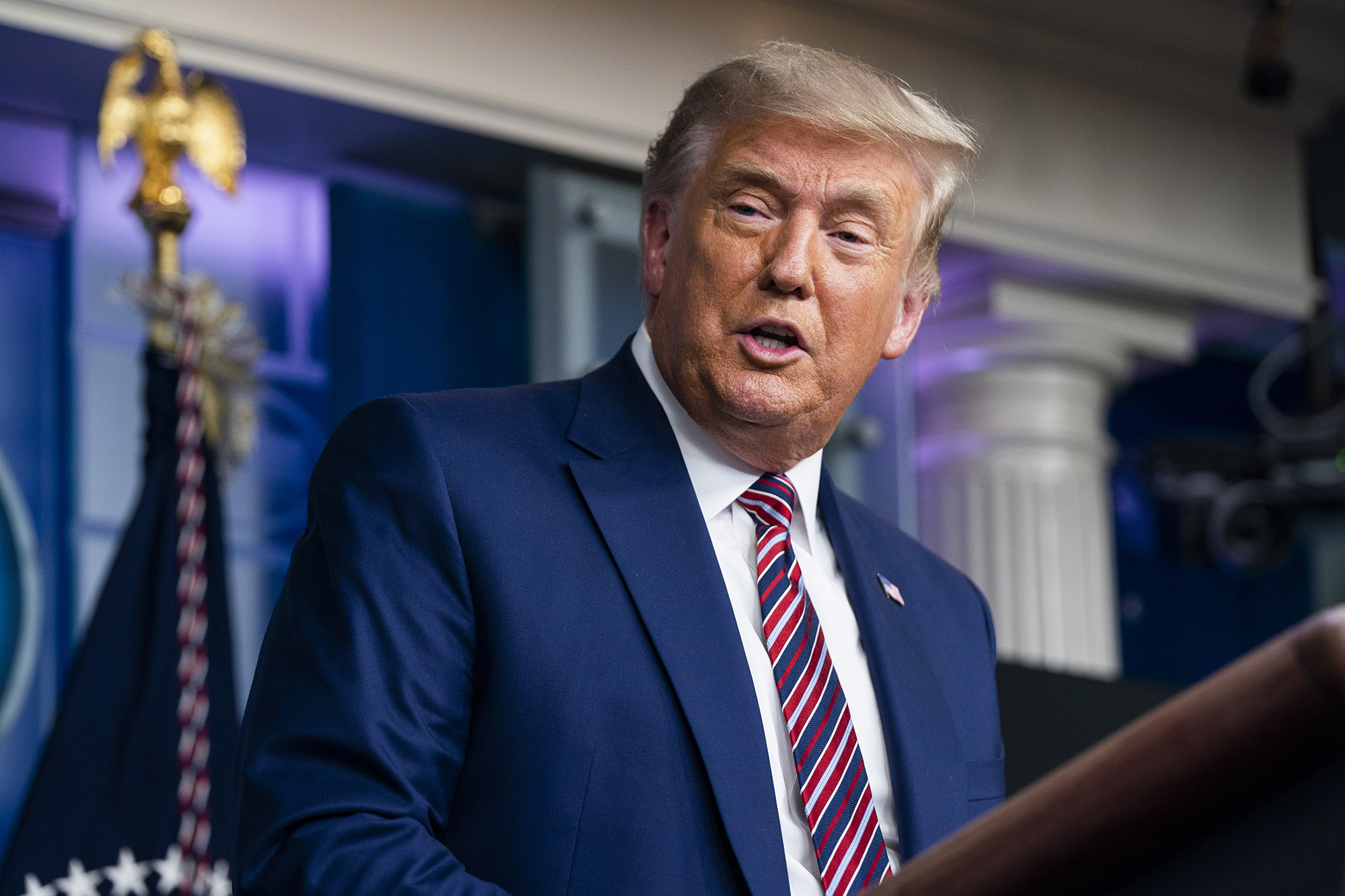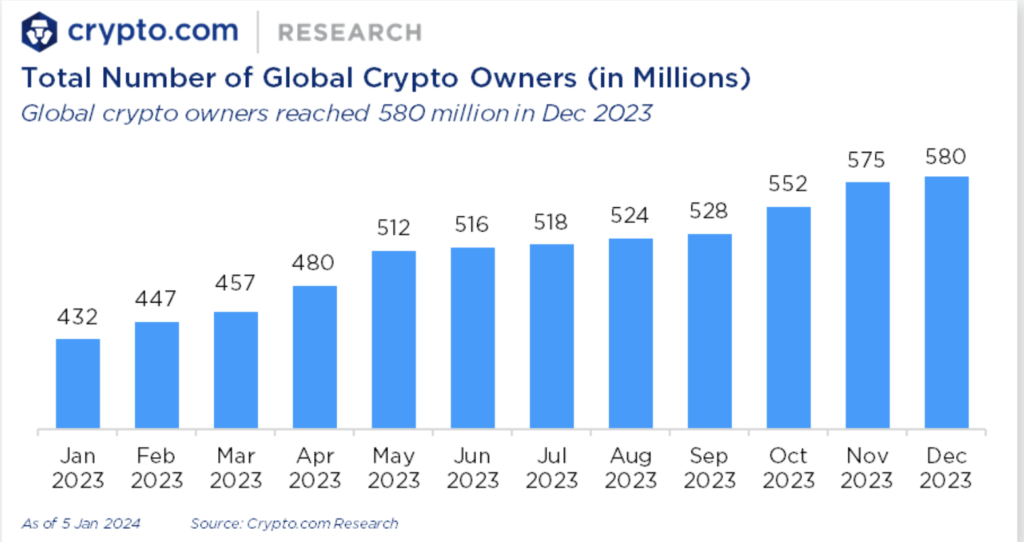Trump Calls CUSMA A 'Good Deal,' But Threatens Termination

Table of Contents
CUSMA's Key Provisions and Trump's Initial Approval
Highlights of the CUSMA Agreement:
CUSMA, replacing the North American Free Trade Agreement (NAFTA), aimed to modernize trade rules for the 21st century. Key provisions included:
- Digital Trade: Establishing rules for the digital economy, addressing data flows and e-commerce.
- Labor Provisions: Strengthening labor standards across the three countries, including provisions on wages and worker rights.
- Environmental Standards: Enhancing environmental protections and cooperation on climate change.
- Agricultural Trade: Updating rules for agricultural products, addressing issues of market access and sanitary regulations.
- Automotive Rules of Origin: Modifying rules of origin for automobiles, aiming to increase North American content in vehicles.
These provisions were intended to stimulate economic growth, create jobs, and foster a more equitable and sustainable trading relationship between the US, Mexico, and Canada.
Trump's Initial Positive Assessment of CUSMA:
Despite his initial skepticism of NAFTA, Trump eventually signed CUSMA, presenting it as a significant victory for the US. He frequently lauded its potential to boost the American economy, creating jobs and fostering economic growth. While specific instances of Trump praising CUSMA are plentiful, the overarching narrative involved promises of a more balanced trade relationship with tangible benefits for American workers.
Reasons Behind Trump's Threat of CUSMA Termination
Perceived Shortcomings and Unmet Expectations:
Despite the initial positive reception, Trump periodically threatened to terminate CUSMA. Several factors likely contributed to this dissatisfaction:
- Trade Imbalances: Persistent trade deficits with both Canada and Mexico may have fueled concerns about the agreement's effectiveness in achieving a more balanced trade relationship.
- Specific Industry Concerns: Certain industries, facing competitive pressures from imports, may have lobbied for stronger protections or renegotiation of specific CUSMA provisions.
- Domestic Political Pressure: Domestic political considerations and pressure from various interest groups likely played a significant role in shaping Trump's stance.
Political Maneuvering and Negotiation Tactics:
It's crucial to consider that the threat of CUSMA termination might have served as a negotiating tactic. By wielding the threat of withdrawal, Trump might have aimed to extract further concessions from Canada and Mexico on issues such as intellectual property rights, dairy quotas, or other specific trade barriers. This pressure tactic, often seen in international trade negotiations, aimed at leveraging leverage to secure more favorable terms for the US.
Potential Consequences of CUSMA Termination
Economic Impacts on the US, Mexico, and Canada:
Terminating CUSMA would have had severe economic repercussions for all three nations.
- Job Losses: Disruptions to established supply chains and reduced trade would likely result in significant job losses across various sectors.
- Price Increases: Increased tariffs and reduced competition could lead to higher prices for consumers in all three countries.
- Supply Chain Disruptions: The intricate web of cross-border supply chains would be severely disrupted, leading to production delays and shortages.
Geopolitical Implications:
Beyond the economic impacts, ending CUSMA would have significant geopolitical consequences.
- Strained US-Mexico-Canada Relations: A termination would severely damage relations between the US and its closest trading partners.
- Shifting Trade Alliances: Other countries might seek to exploit the weakened ties between the US, Mexico, and Canada, potentially forming new trade alliances.
Conclusion: The Future of CUSMA and the Uncertainty of Trade Relations
Trump's fluctuating stance on CUSMA highlights the complexities and uncertainties inherent in international trade negotiations. While he initially praised the agreement, concerns about trade imbalances, domestic political pressures, and potential negotiation tactics led to repeated threats of termination. The potential economic and geopolitical consequences of such a move are substantial, highlighting the importance of stable and predictable trade relationships for North America. Staying informed about developments regarding CUSMA and future trade agreements remains crucial for understanding the evolving landscape of North American and global trade. Continue to follow updates on CUSMA and its impact on North American trade relations for a clearer picture of the future.

Featured Posts
-
 Andors First Look Everything Fans Ever Wanted
May 08, 2025
Andors First Look Everything Fans Ever Wanted
May 08, 2025 -
 Is The Ps 5 Pro Facing Sales Challenges A Look At The Ps 4 Pros Launch
May 08, 2025
Is The Ps 5 Pro Facing Sales Challenges A Look At The Ps 4 Pros Launch
May 08, 2025 -
 Bitcoin Price Increase Positive Trade Negotiations Drive Crypto Investment
May 08, 2025
Bitcoin Price Increase Positive Trade Negotiations Drive Crypto Investment
May 08, 2025 -
 Fifth Straight Loss For Angels Mike Trouts Knee Injury A Major Factor
May 08, 2025
Fifth Straight Loss For Angels Mike Trouts Knee Injury A Major Factor
May 08, 2025 -
 Kyren Paris Late Homer Powers Angels To Rain Soaked Victory
May 08, 2025
Kyren Paris Late Homer Powers Angels To Rain Soaked Victory
May 08, 2025
